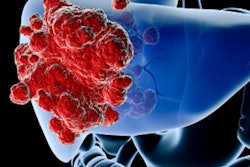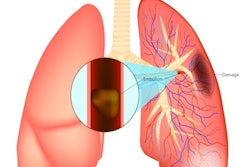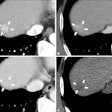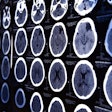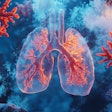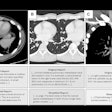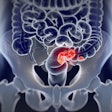Dear CT Insider,
It's increasingly common for clinicians to find incidental pulmonary nodules in patients undergoing imaging for other indications. But figuring out whether or not those nodules are dangerous can be difficult.
Two prediction models are commonly used: one from the Mayo Clinic and another from Brock University. But how accurate are they? In this month's Insider Exclusive, we're reporting on a study conducted by a team of researchers that addresses that very question.
We've got some great content on how artificial intelligence (AI) performs with CT. Check out what a German group has to say about whether AI is ready for prime time when it comes to detecting pulmonary embolism on CT pulmonary angiography, how it helps CT predict breast cancer metastasis, and how an "unsupervised" AI model yields accurate predictions of COVID-19 patients' survival based on chest CT exams.
Find out what researchers from the University of California, Los Angeles discovered about how PET/CT predicts the survival of pancreatic cancer patients early after the start of chemotherapy, as well as why a Spanish team says that patients with suspected large vessel occlusion stroke have better long-term outcomes if they go directly to the angiography suite for diagnosis upon emergency room admission. And learn why combining clinical data with baseline chest CT findings is an effective way to predict which COVID-19 patients are at higher risk of long-term sequelae.
Finally, get the scoop on efforts by the U.S. Preventive Services Task Force to adjust its reimbursement policy for low-dose CT lung cancer screening -- and what that could mean for your practice.
CT is a key part of the healthcare enterprise, and we invite you to keep current on its many benefits by visiting our CT Community regularly.







